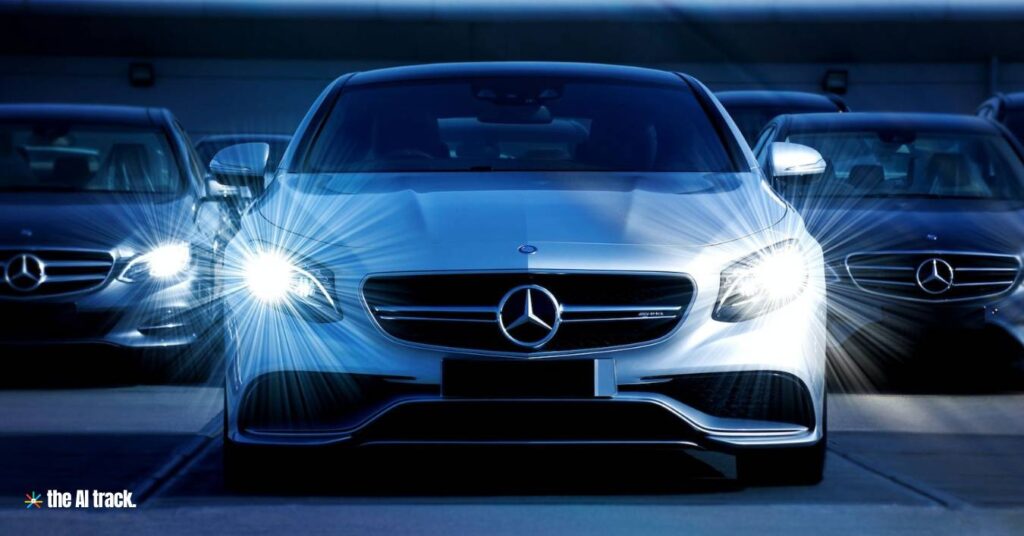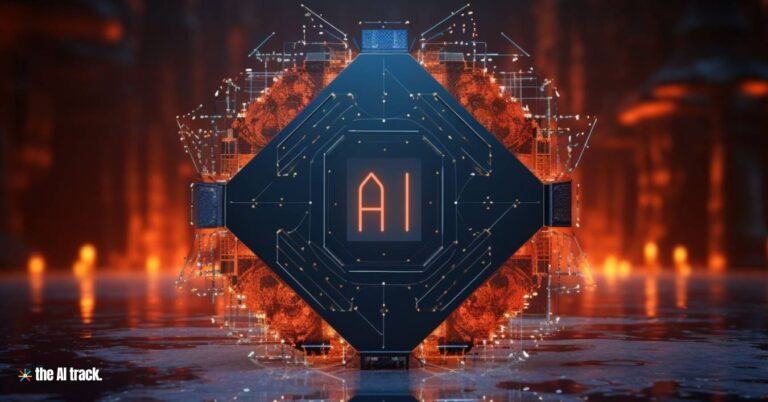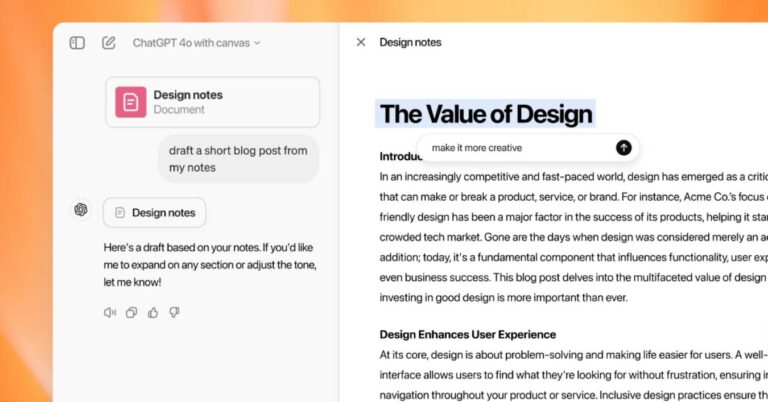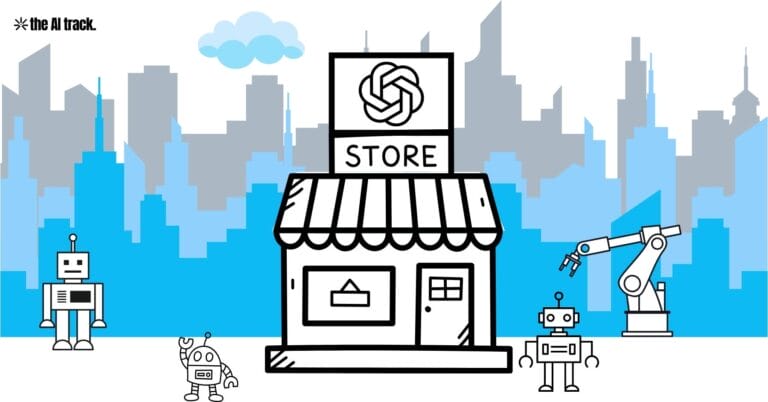Jump to Sections
Redefining cars as central aspects of customers’ digital lives
Mercedes-Benz, the renowned German automaker, has announced its collaboration with OpenAI to integrate ChatGPT, OpenAI’s advanced language model, into its vehicle systems. Through a beta program for the Mercedes-Benz User Experience (MBUX), the company aims to revolutionize the driving experience by leveraging AI-driven voice commands and additional functionality. This three-month pilot program, exclusive to the United States, seeks to make the MBUX voice assistant more natural and adaptive, marking a significant step towards integrating cars into customers’ digital lives

Elevating the Driving Experience with AI-Driven Voice Commands
The integration of ChatGPT into Mercedes-Benz’s vehicle systems promises to enhance the driving experience through the following advancements:
- AI-Driven Voice Commands: By leveraging ChatGPT’s advanced language capabilities, the MBUX voice assistant becomes more intelligent and responsive, allowing users to interact with their vehicles using natural language voice commands. This integration aims to create a more intuitive and seamless human-machine interaction in the car.
- Enhanced Functionality: With the integration of ChatGPT, Mercedes-Benz seeks to augment the MBUX’s functionality, providing users with additional features and capabilities. These enhancements aim to elevate the overall driving experience and make the car a central hub for customers’ digital lives.
Bringing Cars Closer to Becoming the Center of Customers’ Digital Lives
Mercedes-Benz’s partnership with OpenAI represents a significant stride towards establishing cars as a pivotal part of customers’ digital lifestyles. Markus Schäfer, Group CTO at Mercedes-Benz, highlights the importance of this integration, emphasizing the potential for cars to serve as the hub for various digital activities and services. By infusing AI technology into vehicle systems, Mercedes-Benz aims to redefine the relationship between cars and their users, making them more personalized, intuitive, and adaptive.
A Glimpse into the Future of Driving
The integration of ChatGPT into Mercedes-Benz’s vehicle systems showcases the possibilities AI technology brings to the automotive industry. The key takeaways from this advancement are as follows:
- Enhanced Human-Machine Interaction: ChatGPT integration enables a more natural and adaptive interaction between drivers and their vehicles, transforming the driving experience.
- Expanded Functionality: The integration enhances the MBUX voice assistant’s functionality, providing users with additional features and capabilities that make the car a central hub for digital activities.
- Digital Lifestyle Integration: This collaboration signifies a step towards making cars an integral part of customers’ digital lives, offering personalized experiences and services.
As Mercedes-Benz pioneers the integration of AI technology into its vehicles, it opens up new possibilities for the future of driving, where cars become more than transportation devices, but intelligent companions that adapt to individuals’ needs and preferences.
AI Transforming the Automotive Industry and Beyond
The integration of ChatGPT into Mercedes-Benz’s vehicle systems is just a glimpse of the transformative potential of AI in the automotive industry. New technologies are emerging all the time to enhance safety, provide real-time data, and elevate the overall driving experience.
AI is already being used to develop autonomous vehicles, which have the potential to revolutionize transportation. AI-powered driver assistance systems can help to prevent accidents and make driving safer and more enjoyable. AI is also being used to develop new navigation systems, traffic management systems, and vehicle maintenance systems.
In addition to its impact on the automotive industry, AI is also transforming other connected sectors such as healthcare, law enforcement, and more. For example, AI is being used to develop new medical diagnostic tools, create more efficient and effective law enforcement systems, and improve the safety and efficiency of traffic flow.
Here are some specific examples of how AI is being used to improve driving safety and security:
- AI-powered collision avoidance systems can detect potential hazards and warn drivers or take corrective action to prevent accidents.
- AI-powered adaptive cruise control systems can automatically adjust a vehicle’s speed to maintain a safe distance from the vehicle in front of it.
- AI-powered lane departure warning systems can alert drivers when they are drifting out of their lane.
- AI-powered driver monitoring systems can detect signs of fatigue or impairment in the driver and warn them to take a break or pull over.
- AI-powered vehicle security systems can detect and prevent unauthorized access to vehicles.
Overall, AI is having a profound impact on the automotive industry and beyond. As AI technology continues to develop, we can expect to see even more innovative and transformative applications in the years to come.
Key Takeaway
Mercedes-Benz’s integration of OpenAI’s ChatGPT into its vehicle systems marks a significant advancement in the automotive industry.
By leveraging AI-driven voice commands and enhanced functionality, Mercedes-Benz aims to elevate the driving experience and bring cars closer to becoming the center of customers’ digital lives.






